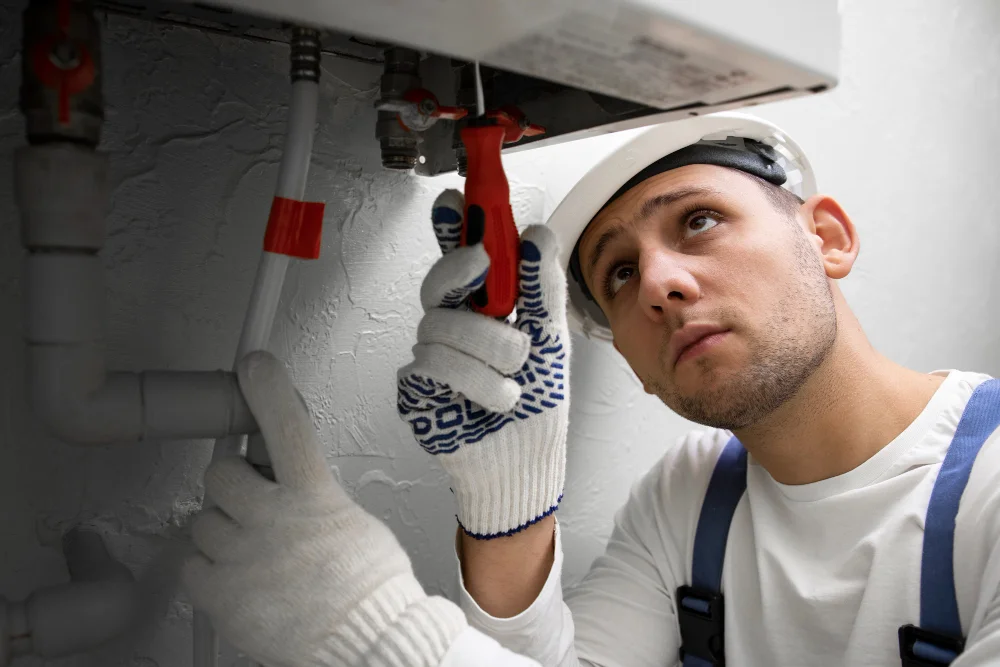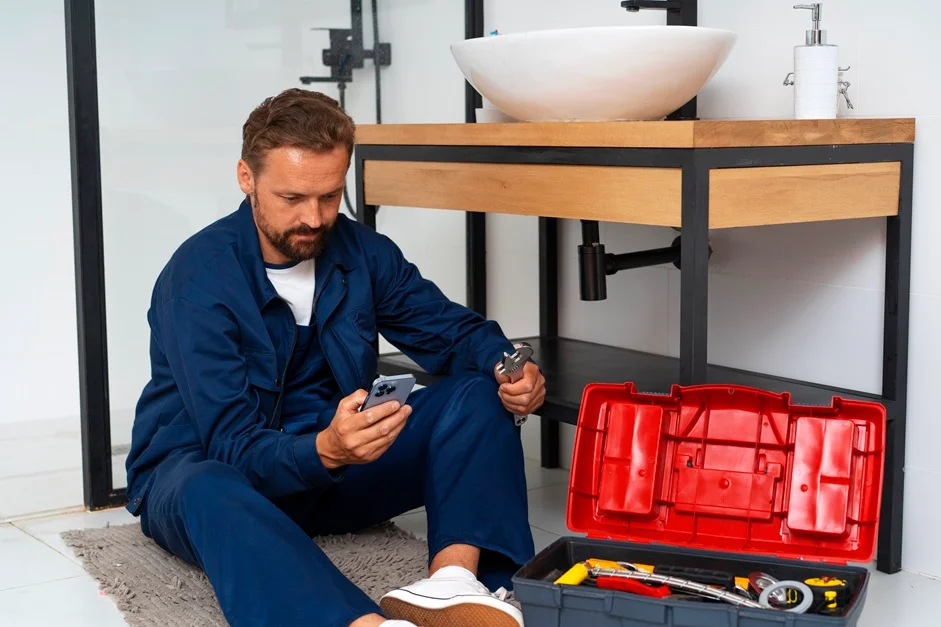Buying and fitting a new boiler isn't about just picking one that looks appealing or modern for your house.
There are so many important factors you'll have to consider in order to ensure that your home is warm, safe, and energy-efficient. Whether it be upgrading the system, replacing the boiler, or installing one from scratch, understanding these factors is a vital building block for what will become the right decision.
In this blog, we will consider some of the important things you need to know and consider before your new boiler installation.
Examine Your Current Home Heating System
Before making a purchase for that boiler and installing it, you should, where possible, take a close look at your current home heating system.
By carrying out such an assessment, you can easily find information about the strengths and weaknesses, as well as the overall efficiency of your current setup. Now, if your existing setup is obsolete or inefficient, you would have a full boiler installation. At the same time, if the existing system still has some juice in it, you only have to go for a partial upgrade with renewals of the critical components. By taking your time to evaluate the present condition of the boiler, you are ensuring that the new boiler supports and improves your existing one rather than becoming a point of ineffectiveness.
Choose the Right Boiler Type
This is one of the most important steps involved in the boiler installation process.
There are combi boilers, conventional boilers, and system boilers. All these types of boilers have the merits as well as demerits and would, accordingly, depend on the needs of your home.
Combi boilers are perfect for small homes that take up minimal space because they can combine heating and hot water in one compact unit. Houses with several bathrooms could use system boilers and produce a constant flow of hot water even though several faucets or showers might be turned on at the same time.
You can look for professional boiler installers who will show you different types and assist in choosing the best one for your house.
Consider The Cost of Installing a Boiler
One of the most influential factors in boiler installation cost is the type of boiler you will choose, its efficiency rating, and how complex the installation process will be. The key is not necessarily to choose the cheapest quote that you get because, while this may let you have some savings for today, it can unfortunately increase your costs over time.
Yes, there can be more upfront costs associated with an energy-efficient boiler, but consider how that amount covers the energy savings. Energy-efficient ones may also come in for rebates and incentives on their own, thus really offsetting your initial costs. Consider the cost you incur in installation, keeping in mind the long-term benefits a boiler can provide.
Evaluate Energy Efficiency Ratings
Focus on energy efficiency when you purchase a new boiler. Boilers have ratings from A to G; the best boiler is rated 'A'. The high-efficiency model chosen ensures that the home heating system runs at its top capacity by reducing energy consumption and decreasing carbon footprint.
In addition to reducing carbon footprints, an energy-efficient boiler reduces your energy consumption considerably, thus lowering your energy bills; it is, therefore, the smart financial call. For homeowners who are more concerned with the environment, there are ultra-efficient models that go beyond standard efficiency ratings, so even higher savings and benefits to the environment.
Space Considerations
The other most important factor in installing a new boiler is the amount of space in your home. The space where the boiler is going to be installed also contributes significantly to its overall performance and maintenance concerns. Boilers need good space for their installation, proper ventilation, and possible servicing in the future.
A combi boiler might sit easily in a small kitchen cupboard and thus be ideal for space-starved houses. A traditional boiler might, however require just a little more room, perhaps in the utility area. Another crucial aspect would be the proximity of the boiler to other appliances and living quarters, with two significant considerations being the noise levels and access to the unit for servicing.




